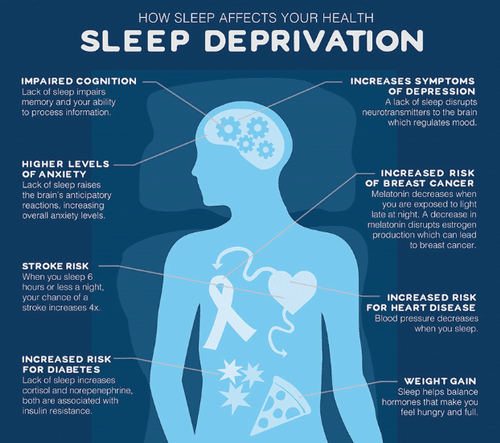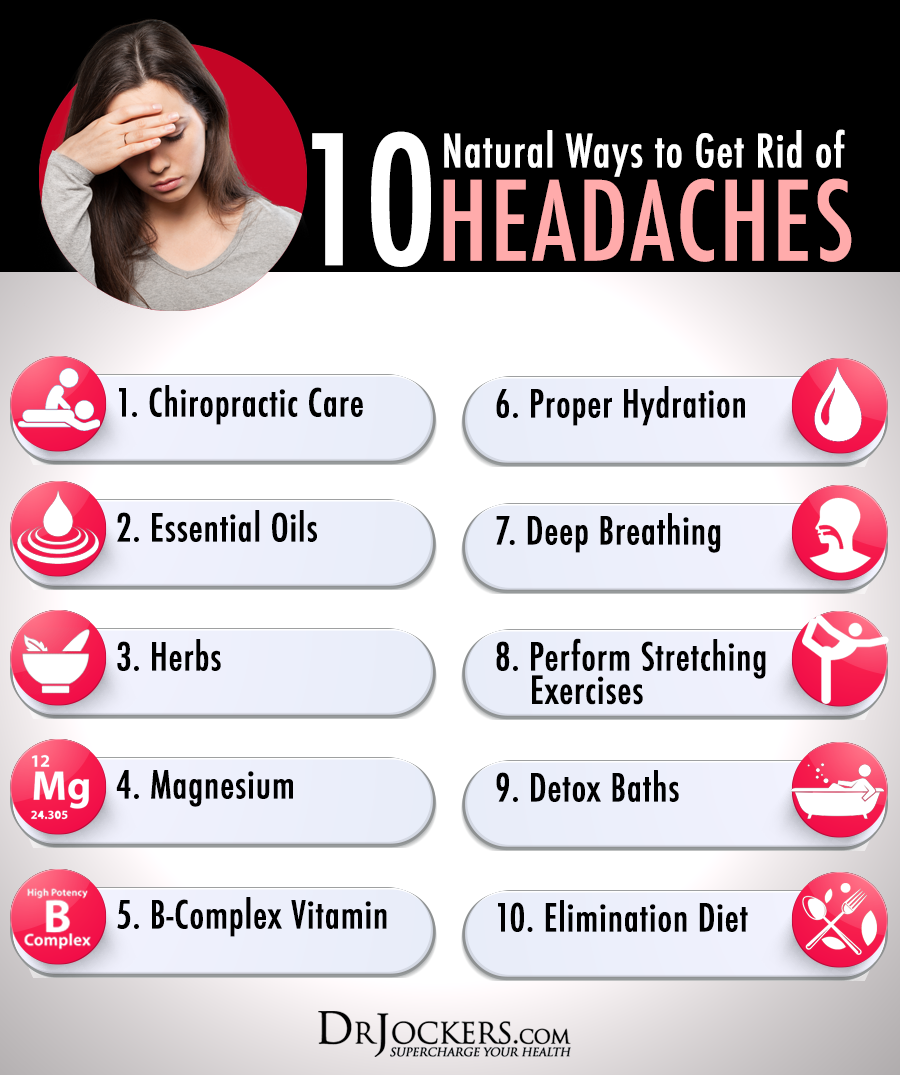

You can also experience a disruption of sleep if your partner regularly snores and it keeps you awake. Regular snoring at night can disrupt your quality of sleep. Insomnia can cause you to feel tired and fatigued throughout your day. Other people may fall asleep easily but then wake up multiple times throughout the night. Some people who struggle with insomnia may have difficulty getting comfortable and quieting their mind enough to fall asleep. Insomnia is a sleep disorder that can make it difficult for you to fall asleep or stay asleep. Here are seven reasons why you may suffer from a lack of sleep. In order to address lack of sleep headache, it helps to determine the underlying cause of what is disrupting your sleep.

A migraine will typically cause head pain along your forehead and commonly affects only one side of your head. Lack of sleep migraines can cause a pounding headache that may start out mild but develop into more moderate to severe pain over time. A migraine can be triggered by a lack of sleep, and you may develop a pulsating or throbbing pain in your head. Migraines can also lead to uncomfortable symptoms like nausea, tingling and numbness, and sensitivity to light and sound. In fact, migraines are a type of neurological condition that can cause symptoms that include painful headaches. Migraines are actually more than just a bad headache. If you notice pressure around your forehead and feel tenderness along your scalp after a poor night’s sleep, then you may be dealing with a tension headache. When you carry a lot of tension in your neck and upper back muscles, the pressure and strain can lead to headaches. Lack of sleep and fatigue are two common triggers for sleep headaches. Tension headaches can also cause mild, moderate, or severe pain in your head and neck. A tension headache will typically cause pain behind your eyes and can feel like you have a tight band of pressure around your head. Tension headaches are actually the most common type of headaches. Here’s what you need to know about both types of headaches to help identify what type of pain you may be dealing with due to lack of sleep. There are two main types of headaches you may experience due to lack of sleep: tension headaches and migraines. If you are dealing with headaches from lack of sleep, then talk to your doctor about options for headache and migraine treatment. You can actually get a headache from not sleeping. But lack of sleep over and over again can have a negative impact on your wellbeing. If you don’t get enough sleep one night, you might only notice some mild discomfort the next day. While you sleep, your body also helps restore your energy and strengthen your immune system. During deep sleep, your brain will store new information and your nerve cells will reorganize and communicate, supporting healthy brain functioning. Your body repairs cells, muscles, and organs and releases hormones and proteins while you sleep. Getting enough sleep each night is a key aspect of staying healthy.


 0 kommentar(er)
0 kommentar(er)
